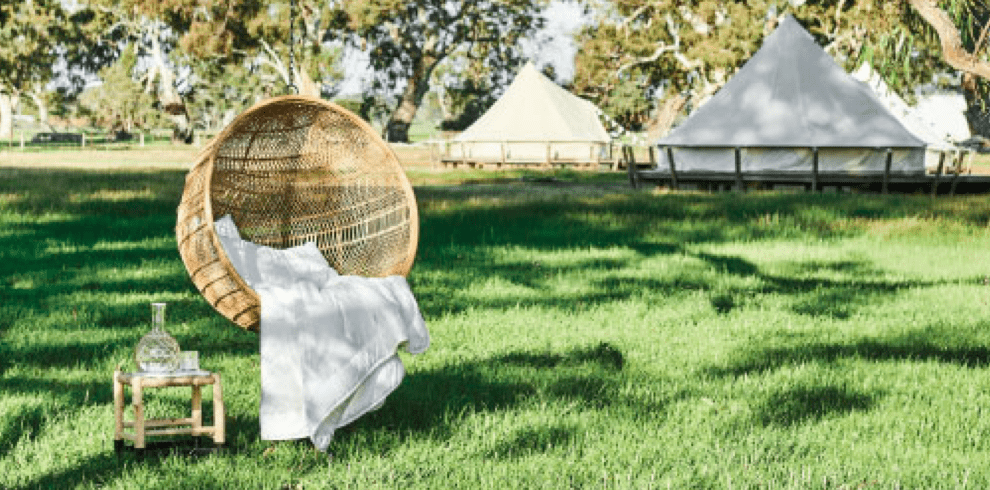We all love to cosy up in bed each night for our recommended 8 hours sleep, spending an estimated third of our lives in bed. For babies, up to 16 hours tucked under the covers is essential for growth and development. With sleep requirements like these, humans are right up there on the list of who sleeps the most. In the animal kingdom, sleep takes many forms. From the relaxed state with little movement similar to our own, to the incredible ability of being able to continue flying, swimming or standing using half the brain, while sleeping with the other half.
Scientists believe that the sleep requirements of animals are dependent on their food intake. Generally, carnivores sleep more than herbivores, an observation attributed to the fact that grass eaters spend more time foraging for adequate food to meet their energy requirements allowing less time available for sleeping. The old adage 'safety in numbers' may also impact an animal's siesta time. Animals that live in groups such as lions (reported to sleep up to 10 -15 hours per day) or meerkats (thought to sleep for 10-12 hours) are able to rest easily with their family and friends to act as look out.
A major challenge for scientists in determining the length of time animals spend sleeping is that many studies are carried out in captivity, under conditions that do not effectively mimic the natural environment. Under laboratory conditions the sleepiest recorded animals are the large hairy armadillo at 20.4 hours and the little pocket mouse at 20.1 hours but while posture provides an indication, it can be difficult to establish whether the animal is asleep, resting or is in a state of torpor.
Koalas snooze slumped and were thought to spend a sedentary 22 hours each day sleeping, digesting their fibrous, low energy diet. However, an Australian study of their activity showed that whilst they held the same position koalas only slept for approximately 14.5 hours then continued resting for a further 5. Animals in a state of torpor may also appear to be sleeping, when in fact they are hibernating, conserving energy. The American badger and elegant fat-tailed mouse possum are two creatures that hibernate daily for as long as 14 hours.
Source bbc.com



